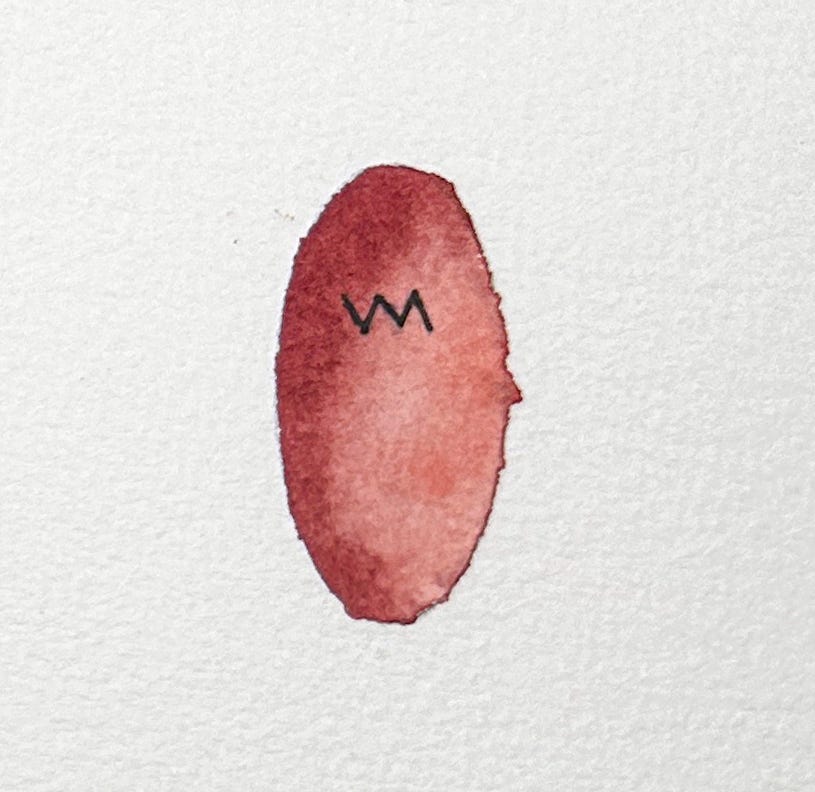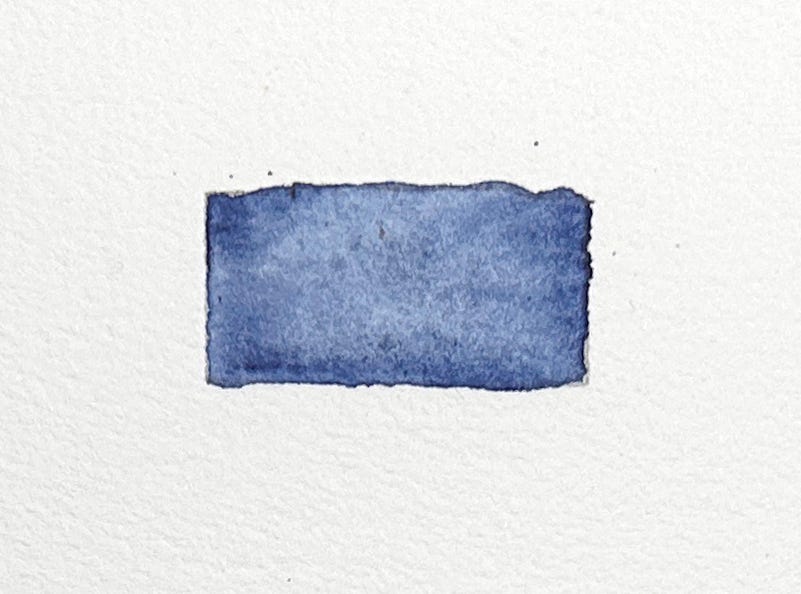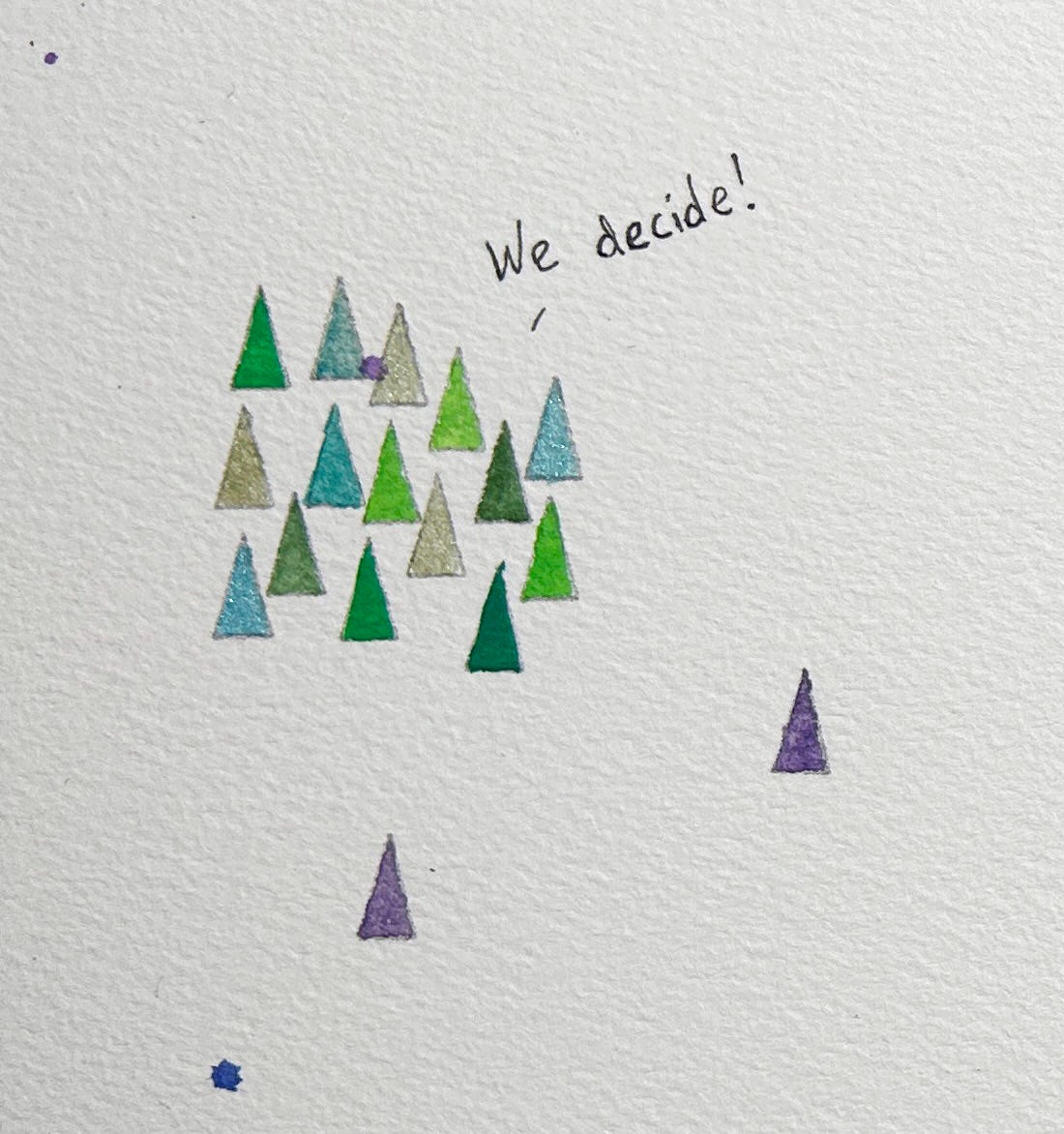Control (and Punishment) ≠ Accountability
This idea we can force people into accountability is vividly played out in the U.S. criminal legal system. Is this really what we mean when we want people to take responsibility for their actions?
Welcome to Conflict Confidential, a newsletter about conflict, relationships, and being a person.
This post is Part 2 of a three-part series on Accountability. Read Part 1 here.
Pleading Guilty
As a public defender, I stood next to thousands of people as they entered guilty pleas in court. People admitted to doing something wrong, and agreed to the sentence imposed by the court.
Most of the time people were pleading guilty to nonsense, like "disorderly conduct" (a violation, no criminal record, $120.00 surcharge to the court).
But many guilty pleas were heavy:
- Ten years prison for a sex crime
- Seven years for an illegal gun
- Twelve years-to-life in prison for attempted robbery
Convictions after losing at trial were far heavier.
When I would enter a plea of guilty on a client’s behalf I would stand next to them and listen to the judge's allocution and my client's responses. “Do you admit on this date at this location you did the following....” It always felt like there was so much being said and unsaid at the same time. So many questions left unanswered.
What really happened?
Why did they do it?
What's next for this person, and for the person this thing happened to?
The energy from people as they entered pleas varied. Some voices cracked while choking back tears while others spoke calmly with numb indifference.
All pleas were transcribed in real time by a stenographer who typed the words into the record. Guilty, documented.
Does saying “I’m guilty” hold people accountable to the people they've harmed?
The admission of guilt is to the court, and maybe indirectly to the people in that particular courtroom.
If a victim happened to be in the courtroom at the time of the guilty plea, depending on the case, they might be given an opportunity to read an impact statement. Generally, the victim impact statement is for the judge to take into consideration as they determine an appropriate sentence. As I've witnessed, it's often a person standing and reading from a paper like a book report in front of a classroom. Their emotions would be on display for everyone in the room, including the person who caused their harm, as well as all the strangers in the courtroom waiting for their cases to be called. The person who caused harm has to listen to it. But who can say if they're really hearing it? Who knows what affect it’s having on them? It's not like the parties talk directly to each other. We can't know what's going on in people's minds.
In all the years I’ve practiced it was rare for a victim or their family to be present at the guilty plea. If they were present they were not directly addressed by the person taking the plea. Sometimes there would be outbursts - either the victim or their families speaking out from the audience, or the defendant trying to speak out of turn. The court would quickly intervene to shut them all up.
When people plead guilty, they are saying they are accepting the consequences inflicted on them by others, the state, which is often some form of punishment like a jail sentence or state supervision. A person may feel like they're taking accountability for their actions by pleading guilty. But in my experience, this was not the strongest sentiment of the majority of people who took pleas.
Most people wanted to put the situation behind them, resolve their case, and receive the least amount of punishment. It’s not to say most people didn’t feel remorse or want to make things right. But it wasn’t the guilty plea that absolved them.
A guilty conviction itself is not the mechanism for active and transformative accountability.
Most of my time defending people was spent negotiating plea deals with prosecutors. It was less about someone's actual guilt as much as what they were willing to do instead of prolonging their case and risking what might happen at trial. Although technically a person is presumed innocent until proven guilty, most prosecutors I encountered automatically assumed my clients were already guilty because the police charged them with a crime. Conversations would start with a question of what my client was willing to "take."
People take pleas all the time for all sorts of reasons and say whatever they need to to end their legal case. It's well-established that this practice of plea-bargaining is incredibly coercive. And a majority of cases in this country end in a plea, not a jury conviction. If every case went to trial the courts would grind to a halt. Pleas expedite, keep the system moving. As acknowledged by the Supreme Court in Lafler v. Cooper, 566 U.S. 156 (2012), "criminal justice today is for the most part a system of pleas, not a system of trials."
Punishment v. Accountability
By pleading guilty, or even being convicted by a judge or jury, a person is still not necessarily doing anything to be "accountable" for what they've done. Accepting punishment is not the same as taking accountability.
As Danielle Sered points out in her book Until We Reckon, being punished only requires that a person endure the suffering imposed upon them. It is passive. To complete punishment, one must only not escape. It requires neither agency nor dignity, nor does it require work. For those who do want to do more to account for their wrongs - like really apologize to the person they harmed, or make things right with people impacted by their actions- they generally do not have those options in the context of the legal system.
Let’s talk about punishment. First of all, being arrested, having bail set or coming back and forth to court for a case, not being addressed by one’s name but only as a docket number or a faceless “defendant”, being treated harshly by employees of the court or corrections, and having people speak about them as if they’re not present, can feel like punishment. The way the system functions often makes it seemingly okay for people to be treated without dignity. What I often noticed was how the legal process itself made people feel victimized. This then became the overwhelming focal point - the cruelty of the system against them as opposed to deep reflection on what they might've done wrong. The punitive nature of the criminal legal system would cloud people's ability to engage with real accountability. [That said, victimization wasn't just a feeling. I represented many people who were swept up into the system who did not deserve to be there. So many people were victims of unmet needs and unaddressed, ongoing challenges in their lives. The system would too often add another layer of trauma.]
Despite people’s willingness to come clean, or to apologize, any admission of wrongdoing only invites more punishment. I’ve watched so many surveillance videos where people express remorse to police officers only to have it blow up in their faces in court. So we advise people of “their right to remain silent.” It’s in staying silent that people can try to avoid the brunt of punishment in a system ready to pounce.
What’s underneath the fervor for punishment? It’s natural to feel vengeful (if a person did something heinous they deserve to be treated like shit. Good, let them suffer.) Yet are we okay with that sentiment becoming a blanket policy for everyone who’s ever done anything wrong? What does vengeance accomplish?
There are two prevalent theories on punishment in legal literature. One theory is retribution (people receiving their “just deserts”) and utilitarianism (deterrence, as well as incapacitation and rehabilitation.) Researchers have investigated how the psychological influence of deterrence and retribution motivates people’s judgments on punishment. While in the abstract, people explicitly endorse utilitarian goals (e.g. successful deterrence leads to crime reduction.) But when they are presented with a specific scenario, people consistently choose to impose retributive punishments. This evidence suggests that people are intuitive retributivists, making judgments exclusively based on intuitions about just deserts. Millions of people work in the criminal legal system who hold this natural bias while making decisions about other people’s fates. It’s no wonder the system functions exactly as it does.
Who Holds People Accountable? The government?
In my job now I work with prosecutors across the country. The language of "holding people accountable" is prevalent. This idea of teaching people a lesson, of forcing them to see the error of their ways through enforcement of law, is what our culture is accustomed to.
Prosecutors are tasked with doling out consequences for crimes. It’s a government office we elect to assure safety for us as a whole. Prosecutors take on the role of law enforcer to make sure individuals are held accountable. They promise justice will be served.
But this presumption of the ability to hold people accountable too often eclipses the agency of those who are actually impacted. Do victims of crime feel healed and have a sense of resolution because their harm became a case in a court of law? Are people positively transformed after going through the legal system? Are we all safer? What are the actual actions people do to effectuate accountability?
The criminal legal system overtakes individuals’ autonomy. In the system, people are represented:
- Defendants by their attorneys
- Victims by the prosecutors (whose role is actually to represent the community as a whole as they work under a chief prosecutor who is an elected official)
- Judges represent legal order
- In theory, police represent the rule of law on behalf of the community paying their salaries
In the courtroom, people are spoken for. They are very, very rarely invited to speak in the legal process themselves other than to plead guilty or testify in court.
While quibbling with prosecutors over a case, I'd sometimes comment on how we both were making decisions for people in a situation neither one of us were a part of. No prosecutor ever wanted to entertain this conversation with me. But it was an important reminder. Especially when our attorney egos came into play (as well as our biases.)
I often asked potential jurors in voir dire, the jury selection process, to think about what we were all doing in that courtroom. Like what was the point? The police already made their arrest, the prosecutor already brought charges, and none of us knew the people involved nor were at the scene of the crime. Why bother with all this? (It was to get people to think about "innocent unless proven guilty." But I also genuinely often wondered, what the F are we all doing here...?) I wanted jurors to recognize all the people stepping in to speak for others and make decisions on their behalf, including them. (In hopes, too, I was empowering them to bravely vote not guilty...) Representation is how our justice system works. We take it for granted.
When I think about accountability on a personal level, and then zoom out to a societal level, I feel the disconnect. Sure, perhaps the system is better than nothing because it at least keeps people from shirking any responsibility for acknowledging and addressing a wrong. It discourages vigilante justice. It provides comfort, and a sense of safety, for people to believe someone will step in if there’s violence or harm. Our system also, in theory, guarantees some level of fairness and due process compared to other punitive systems in the world.
However, tons and tons and tons of studies reveal how despite its purported intention to ensure safety, the system is also causing an immense amount of harm and too often leaves survivors of crime dissatisfied or even more traumatized. The system functions to control a sort of social order. (And the underpinnings of this social order is a whole other discussion.) But, again, control does not equal accountability.
How, then, is the system held accountable? And if our main model of accountability isn't really great at it, how else can we understand how to be accountable to one another?
The next newsletter, Part 3, will be on restorative justice, an accountability process which looks very different from our criminal legal system. I for sure will not be suggesting RJ is the solution to all the issues above. But by looking at other models we can perhaps start to view accountability through more dimensions.






always a great read. Your mind is incredible and so happy to know you are a shining beacon of hope in this dim world. Thank you!
thank u!